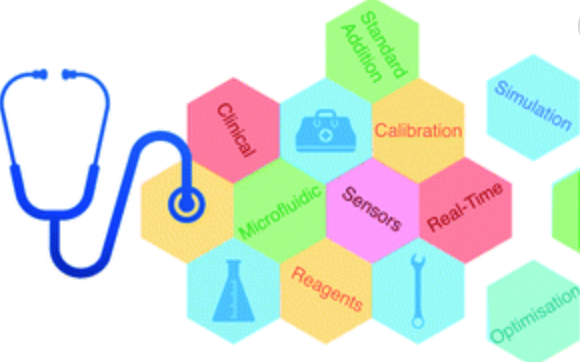Imperial College’s Martyn Boutelle has developed a 3D printed, remote-controlled Lab on a Chip for real-time monitoring with improved personal care.
Previous ‘Lab on a Chip’ devices have required large external support systems. Sensor deterioration over time inhibited their clinical effectiveness.
The device can monitor chemical fluctuations, giving quicker and more accurate results, and potentially gather data that was previously not possible.
Boutelle said that the “research has shown that these sensors are capable of successfully monitoring patients who are in incredibly unstable conditions and provide their healthcare team with reliable information as soon as they need it, as well as a means of alerting them when critical clinical changes occur.”
The brain requires a continuous supply of glucose to function, but too much of it can be detrimental. Declining pyruvate levels could indicate a lack of oxygen to the brain. Providing earlier access to this data can save lives, and has not been possible before.
Join ApplySci at the 13th Wearable Tech + Digital Health + Neurotech Silicon Valley conference on February 11-12, 2020 at Quadrus Sand Hill Road. Speakers include: Zhenan Bao, Stanford – Vinod Khosla, Khosla Ventures – Mark Chevillet, Facebook – Shahin Farshchi, Lux Capital – Carla Pugh, Stanford – Nathan Intrator, Tel Aviv University | Neurosteer – Wei Gao, Caltech – Sergiu Pasca, Stanford – Walter Greenleaf, Stanford – Sheng Xu, UC San Diego – Dror Ben-Zeev, University of Washington – Mikael Eliasson, Roche – Unity Stoakes, StartUp Health
